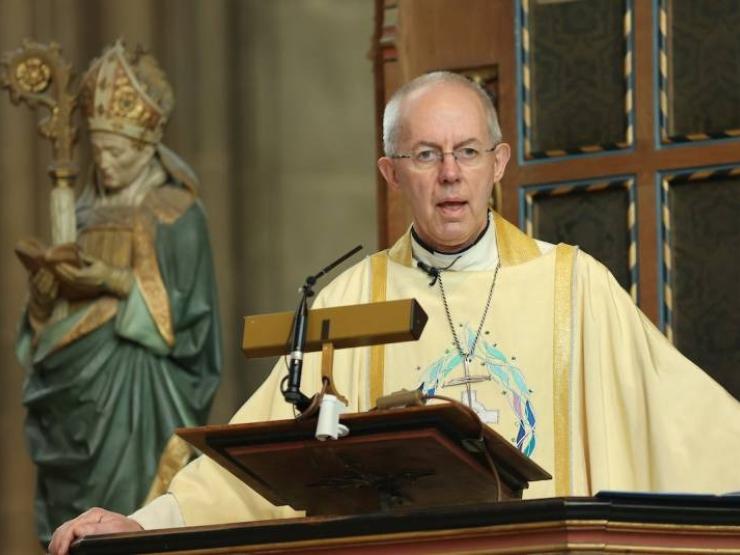The Archbishop of Canterbury has used his Easter sermon to give clarity on the decision to invest £100 million into communities impacted by the Church of England's historic slavery links.
The Church Commissioners announced the decision in January, sparking debate from people who believed that the Church of England's difficult history was best left alone. However, many applauded the move – others called for the Church to do more.
Most Rev Welby told congregants at the Easter Sunday Eucharist that the decision was not fuelled by "post-colonial guilt," but by the "living spirit of Christ".
When speaking about the importance of standing up for what is right even when it is "politically uncomfortable, generally unpopular or treated with derision," Archbishop Justin said: "I had a large number of letters in February and March complaining because the Church Commissioners (the body that has been holding onto the Church's money for around 321 years, which Queen Anne gave us), who hold and invest it, announced in January that they were going to set aside £100 million for a social impact investment fund.
"The income from which would be used to help communities in this country and around the world affected by the fact that the Church Commissioners, in the 17th, 18th, and early 19th century, invested in slavery.
"Some in fact owned slaves. And the living reality of Christ compels us to consider and respond to those actions that deny the reality of God's power and love. It's not post-colonial guilt; it is the living presence of Christ, alive in our church and in our lives, who treats us all, high and low, important and unknown, exactly the same. And in the past, slave and free. And today."
The Easter weekend marks 25 years since the Good Friday agreement was signed. Reflecting on the anniversary, Archbishop Justin said: "This weekend we remember The Belfast Agreement of 25 years ago, and the extraordinary and courageous work of so many men and women involved in reaching it, high and low.
"The political courage required more recently to produce the Windsor Framework was a reminder that reconciliation and peace are not one-off events, but long journeys requiring determination, stamina, and faith. And indeed, it was churches and monasteries – compelled by the living Christ – who spent years before 1998, secretly at huge risk, building the bridges that opened the way for the first ceasefires and considerations of peace."
The Archbishop also spoke of divisions within both Europe and the Holy Land.
He said: "We do not lose heart but we pray and work for Ukraine and Russia, for Israel and Palestine with the recent tragedies especially, and for the other so often forgotten struggles of our world. Knowing that because of the resurrection, peace - true peace - is no aimless daydream, but a reality offered because Christ was raised from the dead. Because of the resurrection, we know that life triumphs over death, light over darkness. We see people living the truth of the resurrection in lives of new purpose which are offered to each and all of us."




